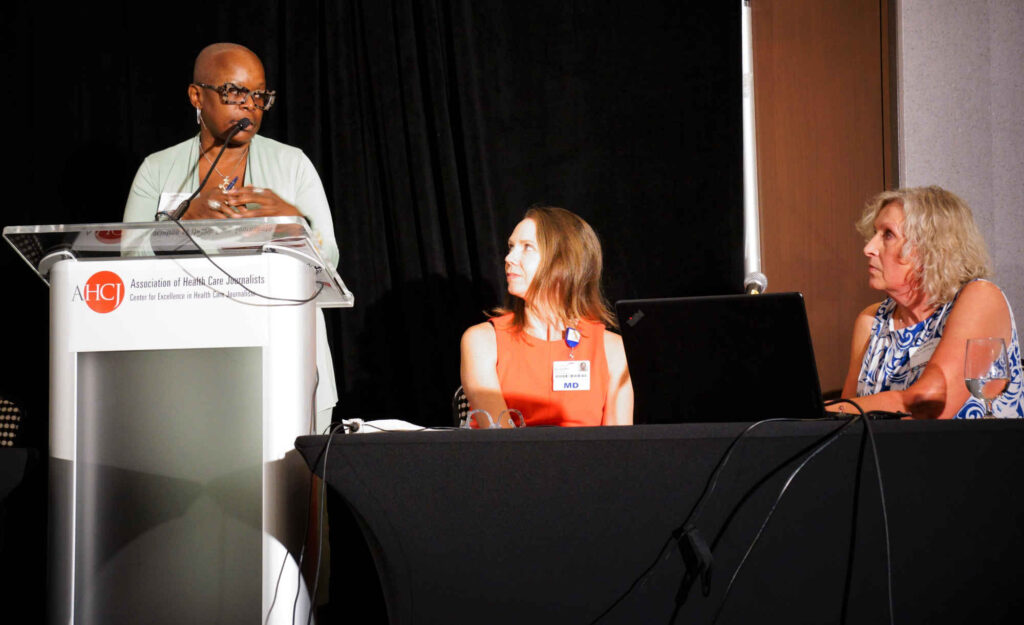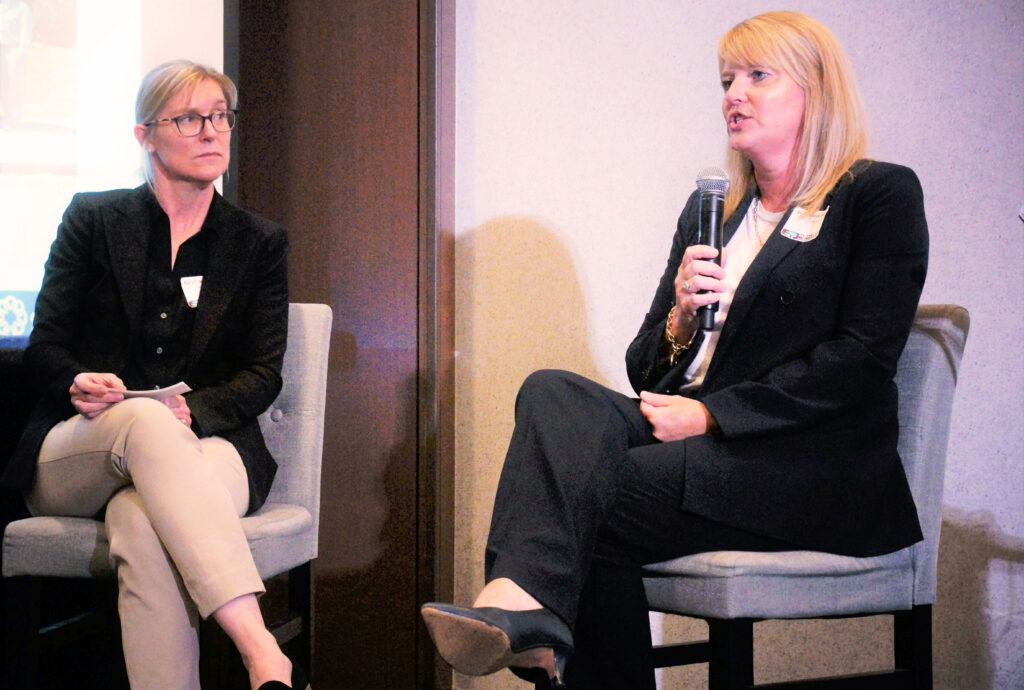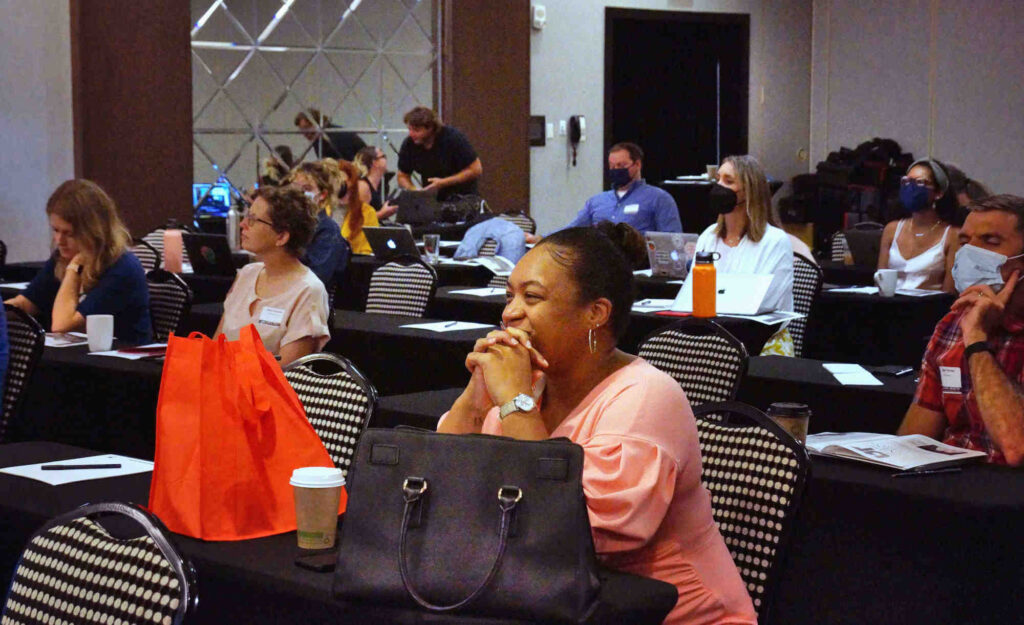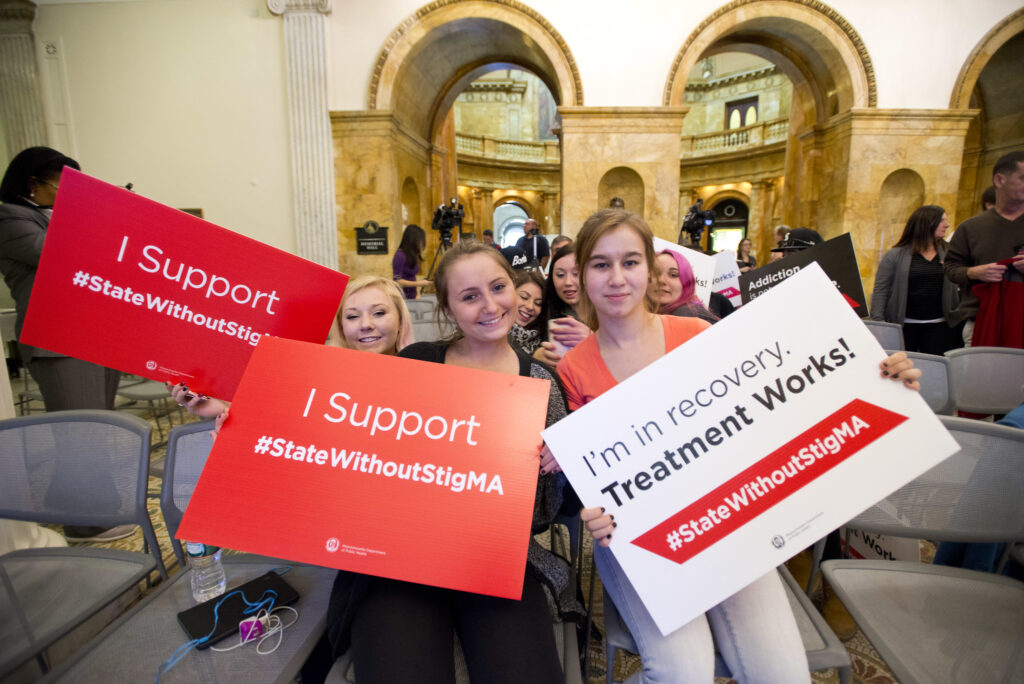Tag
rural22
-
Closing health care gaps in rural America
Imagine driving an hour for a colonoscopy. Because of limited access to health care, that’s the harsh reality for many…

-
4 ways to ramp up your reporting on rural hospitals
When reporting on the state of rural medical facilities, there’s more to the story than the demand for health care…
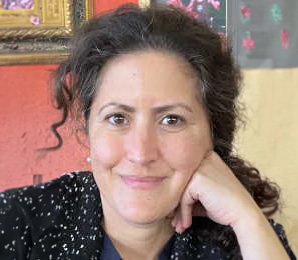
-
Rural health stories everywhere, workshop participants say
Finding and parsing rural health data, tracking COVID-19’s curve in rural regions, the promise and limitations of telemedicine for rural…

-
As opioid settlement money comes in, experts say journalists must demand accountability
As millions of opioid settlement dollars flow into states, substance use disorder experts at AHCJ’s Rural Health Workshop 2022 said…

-
A growing demand for telehealth services in rural U.S.
Americans living in rural areas are less likely to use telehealth services than urban residents. The reasons are not unique…

